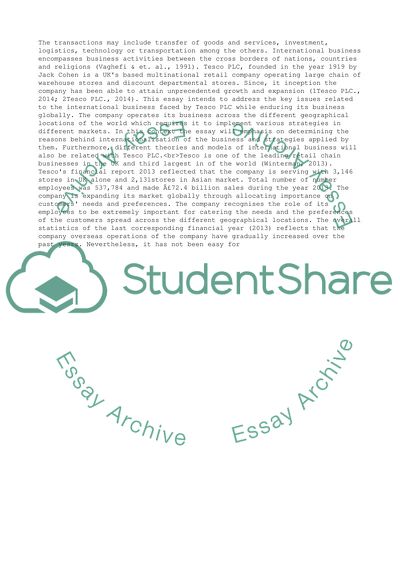Cite this document
(International business Essay Example | Topics and Well Written Essays - 2750 words - 3, n.d.)
International business Essay Example | Topics and Well Written Essays - 2750 words - 3. https://studentshare.org/business/1836163-international-business
International business Essay Example | Topics and Well Written Essays - 2750 words - 3. https://studentshare.org/business/1836163-international-business
(International Business Essay Example | Topics and Well Written Essays - 2750 Words - 3)
International Business Essay Example | Topics and Well Written Essays - 2750 Words - 3. https://studentshare.org/business/1836163-international-business.
International Business Essay Example | Topics and Well Written Essays - 2750 Words - 3. https://studentshare.org/business/1836163-international-business.
“International Business Essay Example | Topics and Well Written Essays - 2750 Words - 3”. https://studentshare.org/business/1836163-international-business.


